054 - Financial Statements Made Easy — Balance Sheet
In Part 3 of our Financial Statements Made Easy series, we’re talking about your balance sheet. We’ve talked about six important questions that owners ask, and the balance sheet answers half of those: What do I own? What do I owe? What’s leftover for me? Listen to learn how balance sheet ratios help you pinpoint issues in your business and give you ideas for how to solve them (plus track the results of your changes!).
Show Notes
What is a balance sheet? What questions does it answer for you? (HINT: What you own, what you owe, and what’s leftover for me.) (6:27)
What accounts are on your balance sheet? (10:50)
Let’s take a look at the balance sheet at work. (14:24)
Balance sheet ratios: What are they, and how can you use them? (21:18)
Your balance sheet shows how quickly you turn over your accounts receivable, and knowing that can help free up a LOT of cash. (31:30)
Next up: Statement of Cash Flows. BUT you can’t effectively use the Statement of Cash Flows if you aren’t doing accrual-based accounting. (41:18)
Numbers you need to pay attention to in the equity section of your balance sheet. (47:12)
Quotable Moments
“Contrast makes life rich. You’ve got to have a bad balance sheet in order to appreciate a good balance sheet later on.” — M
“The balance sheet is a snapshot statement. It tells you how you stand at the moment that you produce that balance sheet.” — M
“If you think about these Wall Street guys, they all have finance degrees. This is all they focus on, it’s a full-time job. And so you’ve got to find somebody in your corner that can really help you think about these ratios, the health of your balance sheet, and the health of all of your financial statements. It’s where you’re going to become a better manager, owner, and operator.” — K
“The whole point of financial statements is they tell you what the score is. They pinpoint where the problems are and give you ideas of what to do to change it. And then, they show you how your changes are working.” — M
“You shouldn’t have to do the ratios. Tell your accountant that you want the ratio every Monday morning.” — M
“Start building a relationship with a banker if you don’t have one. Ask them these questions: What are my ratios? Why am I not a healthy business, in your eyes?” — K
“If you’re smaller and you’re like, “Man, we’re just not big enough to where this stuff even matters,” that’s NOT true... The smaller you are, the smaller these problems are to fix.” — K
Resources
Check us out on Youtube
Subscribe to our newsletter, The Countdown
Have questions? Email us!
The Profit Problem by Martin Holland
More from Martin
More from Khalil
More from The Cashflow Contractor

